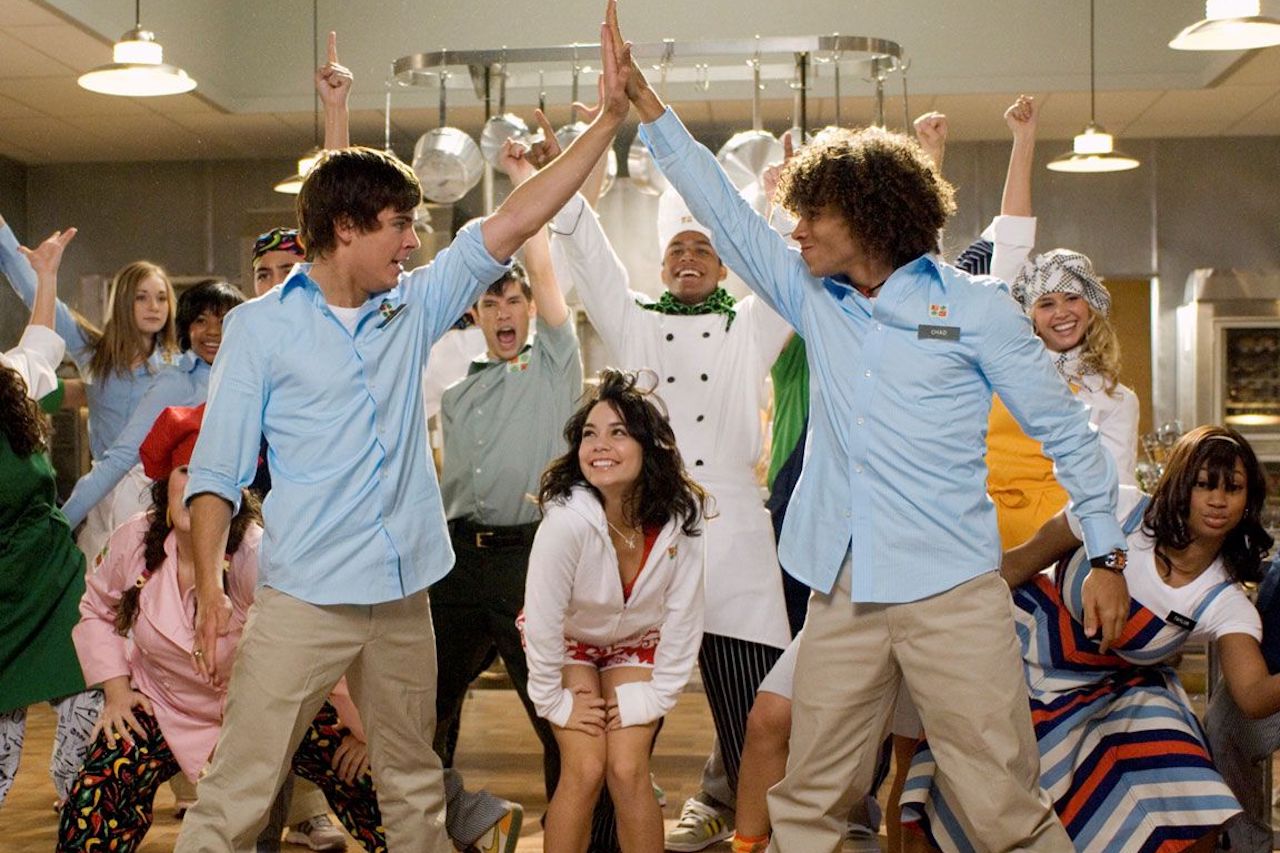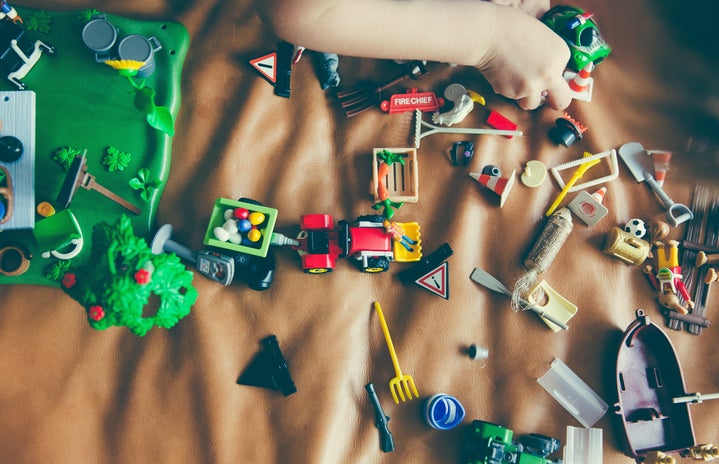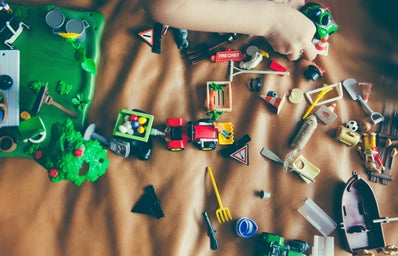As a child, I built castles in the air, towering fortresses of imagination where I reigned as both student and teacher, my toys serving as eager pupils. In those moments, the world was boundless, each game became a truth more sincere than the grown-up roles I would later adopt. Yet, as time passed, those castles crumbled beneath the weight of reality, and the playful freedom of youth gave way to the constraints of adulthood. It seems that somewhere between pretending to be grown-ups and actually becoming one, we lost the pure, unfiltered joy that came with play—an art we forget as we grow, but one that holds the key to our most authentic selves.
Play, often dismissed as a childhood pastime, is increasingly recognized by psychologists as a powerful tool for emotional and cognitive development. As noted by Psychology Today, play serves as a medium for exploring complex emotions, problem-solving, and fostering creativity. Far from being a trivial activity, it taps into our innate need for expression and experimentation, offering a safe space to navigate internal conflicts and external challenges. The American Psychological Association has also focused on how play helps individuals process trauma, develop resilience, and strengthen interpersonal relationships, particularly in therapeutic settings.
In play therapy, for example, children use toys, role-play, and imaginative scenarios to express emotions they can’t yet verbalize, revealing hidden layers of their emotional world. Adults, too, are encouraged to engage in play as a stress-relief technique, promoting relaxation and breaking down mental barriers that hinder problem-solving. Whether through structured games or creative free play, it offers a way to reconnect with parts of ourselves often lost in the rush of adulthood.

If you have a child at home, or if you can recall the distant memories of your own childhood, you may remember the freedom that seemed to stretch endlessly before you. There is a certain liberty that comes with those moments, a lightness in simply being, where the world unfolds without restraint. Spending time with children today brings that same feeling—an uninhibited existence, where joy flows without question and the weight of expectations melts away, if only for a while.
Yet, it’s essential to recognize how society often casts a critical eye on those who remain carefree, childlike, or even childish. Such qualities are often dismissed as signs of immaturity or irresponsibility. The world, with its rigid expectations, curtails much of the freedom we once embraced. To challenge these norms, to question them, becomes the first step toward reclaiming that lost innocence. In the quiet of your private moments, or the company of loved ones, these very qualities—playfulness, wonder, unfiltered joy—can be cherished once again. It’s in these moments we reconnect with our truest selves when laughing without restraint and tumbling in the dust were all the responsibilities we knew. And perhaps, in allowing ourselves this return, we rediscover the beauty of being free.


